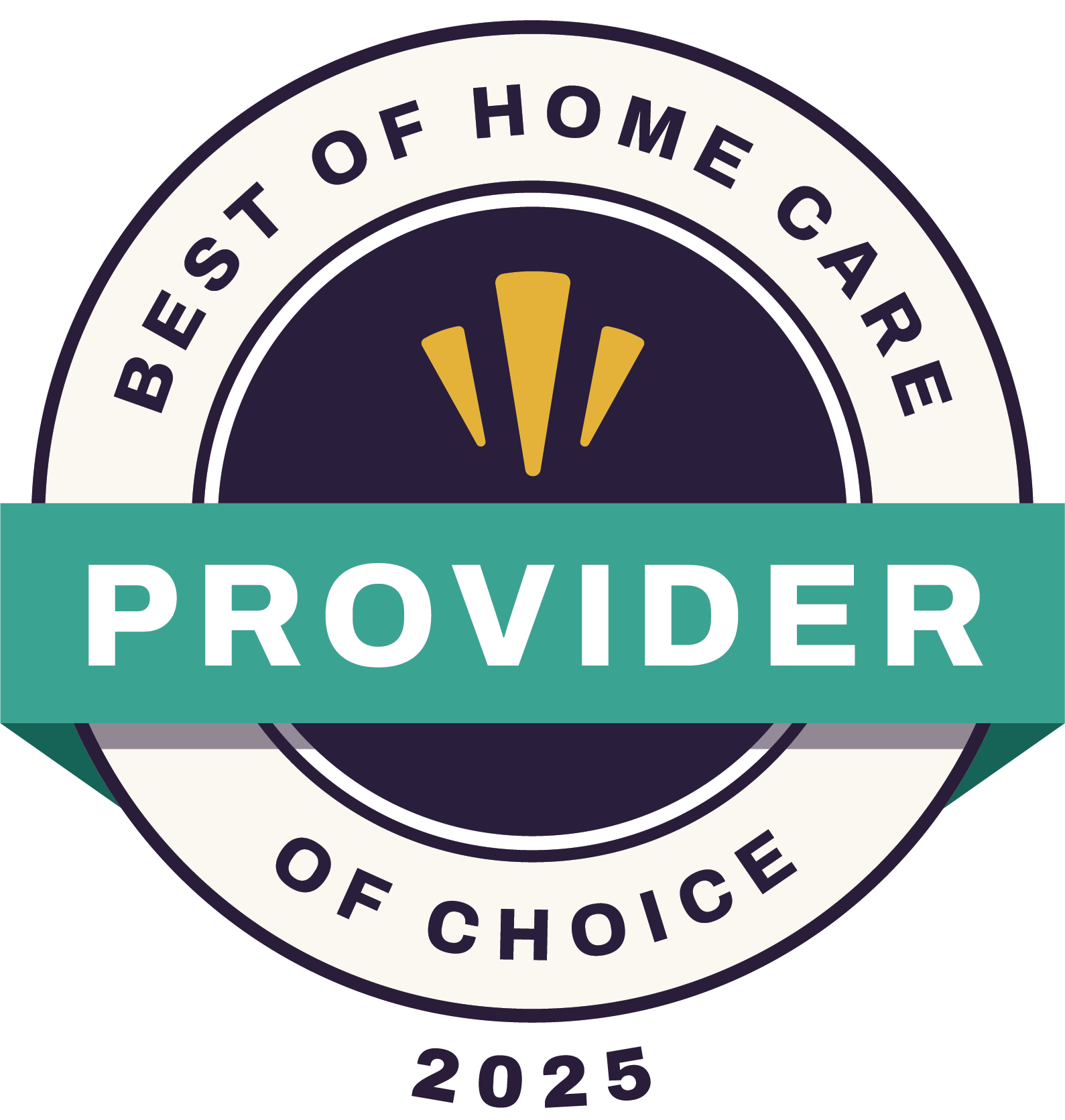Nurturing Connections: Effective Communication for Caregivers
When providing care for another person, communication is one of the most important skills that a caregiver brings. You must understand the needs of your clients and adapt your care based on how they feel. You will likely work closely with client families and need to both listen to their concerns and convey your client's health progress when appropriate.
Communication can help you build connections with clients and families. It also allows you to improve your quality of care and understand where your services are most needed. While you may already be a skilled communicator, caregivers know that improvement is always a positive. Let's explore four communication tips to nurture connections with your clients and help to increase your quality of care.
1. Active Listening and Empathy
Communication is benefitted by the ability to listen and to truly understand the other person. This can be accomplished through the quality of empathy and the skill of active listening. Empathy allows you to feel what the other person is feeling, relating to their joy and sorrow in equal measure. This will help you to understand their perspective as a person.
Active listening is the ability to listen attentively, seeking to understand both the meaning and intent of the conversation. Your goal is to both hear the words and understand what the other person means when they say them, which can sometimes be two different things.
2. Open Dialogue With Clients and Families
Maintain an open and conversational relationship with your clients and their families. Invite questions, friendly chats, and the opportunity to express concerns at any time. By welcoming an open dialogue, you can stay informed about family matters that concern your client and the care they will need. You may also be able to provide helpful updates to those who are worried about your client's health.
Open dialogue with your clients also ensures that they feel comfortable telling you about their needs, as well as the ability to build a relationship of companionship where both you and your clients can gain the benefit of friendship during your tenure.
3. Handling Challenging Conversations
As a caregiver, some conversations will not be easy. Caregivers are often there to help clients experiencing a decline in their health. Family members may want to discuss negative outcomes, and the clients themselves may need someone to comfort them during this time in their lives. Remaining empathic and compassionate can help you get through these moments and give the honest answers that clients and their families may need to hear.
4. Providing Reassurance and Comfort
In many cases, those you work with will need comfort. Clients may need reassurance that they will be alright and comfortable during a trying time in their health. A client's family may look to you for assurance that their loved one is not suffering and ask for good news when there is news to share. In these situations, provide reassurance that everything that can be done is being done. Comfort clients as they strive for good health and assure family members that their loved one is receiving attentive and compassionate care.
Improve Your Caregiver-Client Communication
The relationship between caregivers and clients is one that should be nurtured over time with good communication and empathic connection. Whether you are new to caregiving or seeking to hone your skills, you can find resources to improve your caregiver-client communications with Elite Home Health Care. Explore how we can help you become a better caregiver and build stronger bonds with your clients and their families.
Written by: Leah Ganz
Leah Ganz, RN, BSN is the Director of Patient Services at Elite Home Health Care. She has an extensive background in homecare and previously worked in various specialties including pediatrics, pain management and internal medicine. She oversees all patient services across Elite's departments.



